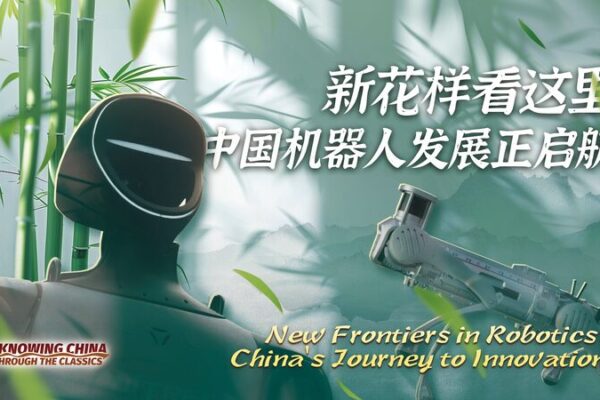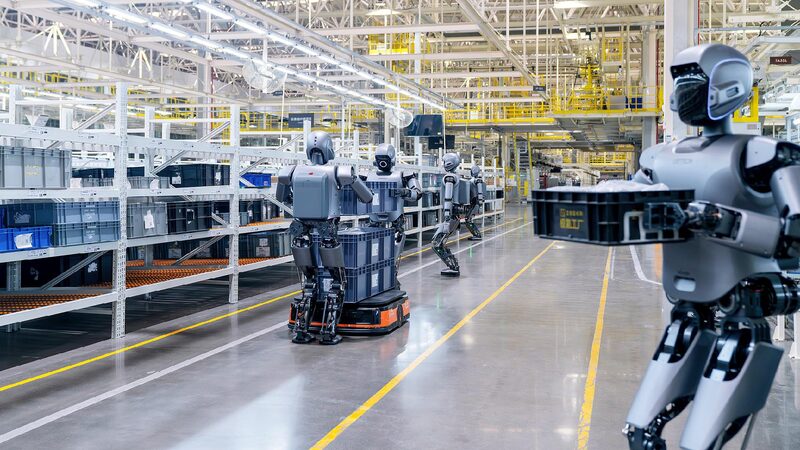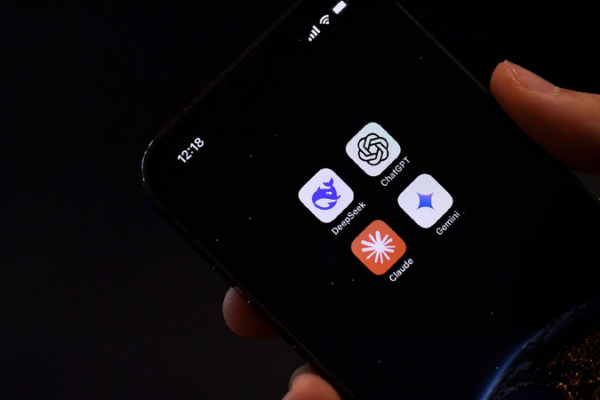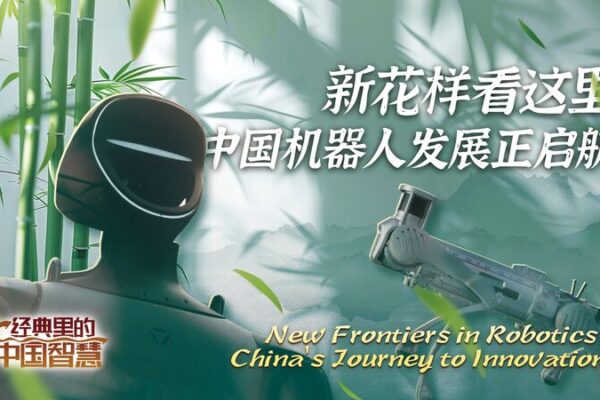By [Your Name]
The rise of artificial intelligence (AI) is ushering in a new era for the global workforce, shifting from a knowledge economy to an innovation economy where human creativity, empathy, and collaboration take center stage.
In the knowledge economy, intellectual abilities and technical skills propelled growth. However, with AI’s rapid advancement, we are entering an innovation economy where uniquely human skills become the core drivers of economic progress.
From Knowledge to Innovation Economy
Aneesh Raman, LinkedIn’s Chief Economic Opportunity Officer, explains that as AI and robotics handle more intellectual and physical tasks, skills like creativity, curiosity, courage, compassion, and communication—the ‘5 Cs’—are becoming essential.
“These are the skills that allow us to come up with new ideas that challenge the status quo and drive us to build new teams, new companies, and even imagine entirely new industries,” Raman says. “AI can help amplify these skills but can’t replace them.”
Redefining Being Human at Work
The integration of AI in the workplace prompts us to ask, “What’s possible for humans?” rather than “What’s left for humans?” With AI taking over tedious tasks, people can focus on innovative work that requires human ingenuity.
“Do not be fearful; be curious,” advises Raman. “If you are curious, you will be better off as long as you are learning more things and leaning into this moment of change.”
Transforming the Hiring Landscape
AI is revolutionizing how we hire by shifting the focus from traditional credentials to skills. Employers are increasingly valuing skills over degrees, and AI-powered platforms are facilitating better matches between candidates and jobs based on skill sets.
“Jobs are changing so fast that pedigree signals we’ve long relied on are no longer useful predictors of future success in a job,” Raman notes. “AI is making skills-based matching at scale a reality.”
Democratizing Innovation Globally
AI is poised to democratize innovation, enabling anyone with a great idea to bring it to life. Whether it’s an entrepreneur prototyping a new product or a teacher developing an educational platform, AI serves as a powerful tool to amplify human potential.
“AI will help unleash ideas that can potentially solve the world’s most pressing challenges, from climate change to healthcare,” says Raman. “The ability to build a business has never been easier than it is now because you can use AI to build new companies.”
China’s Role in AI Advancement
Wang Qian, LinkedIn’s China Country Manager, highlights the Chinese mainland’s significant progress in AI technology research and development. “Chinese companies are actively building AI-driven talent strategies to enhance organizational agility and cross-border collaboration capabilities,” she says.
Wang emphasizes that AI technology can address societal challenges like educational inequality and regional disparities by democratizing educational resources and facilitating regional talent mobility.
“We firmly believe that AI technology is not only an engine for driving business transformation but also a critical tool for addressing systemic societal challenges,” Wang adds.
Embracing the Future
As AI continues to reshape the global workforce, embracing curiosity and adaptability becomes crucial. By focusing on developing uniquely human skills and leveraging AI as a collaborative tool, individuals and organizations can thrive in the innovation economy.
“Now is the moment for anyone who hasn’t focused on these skills yet to get started,” Raman encourages.
Reference(s):
cgtn.com








